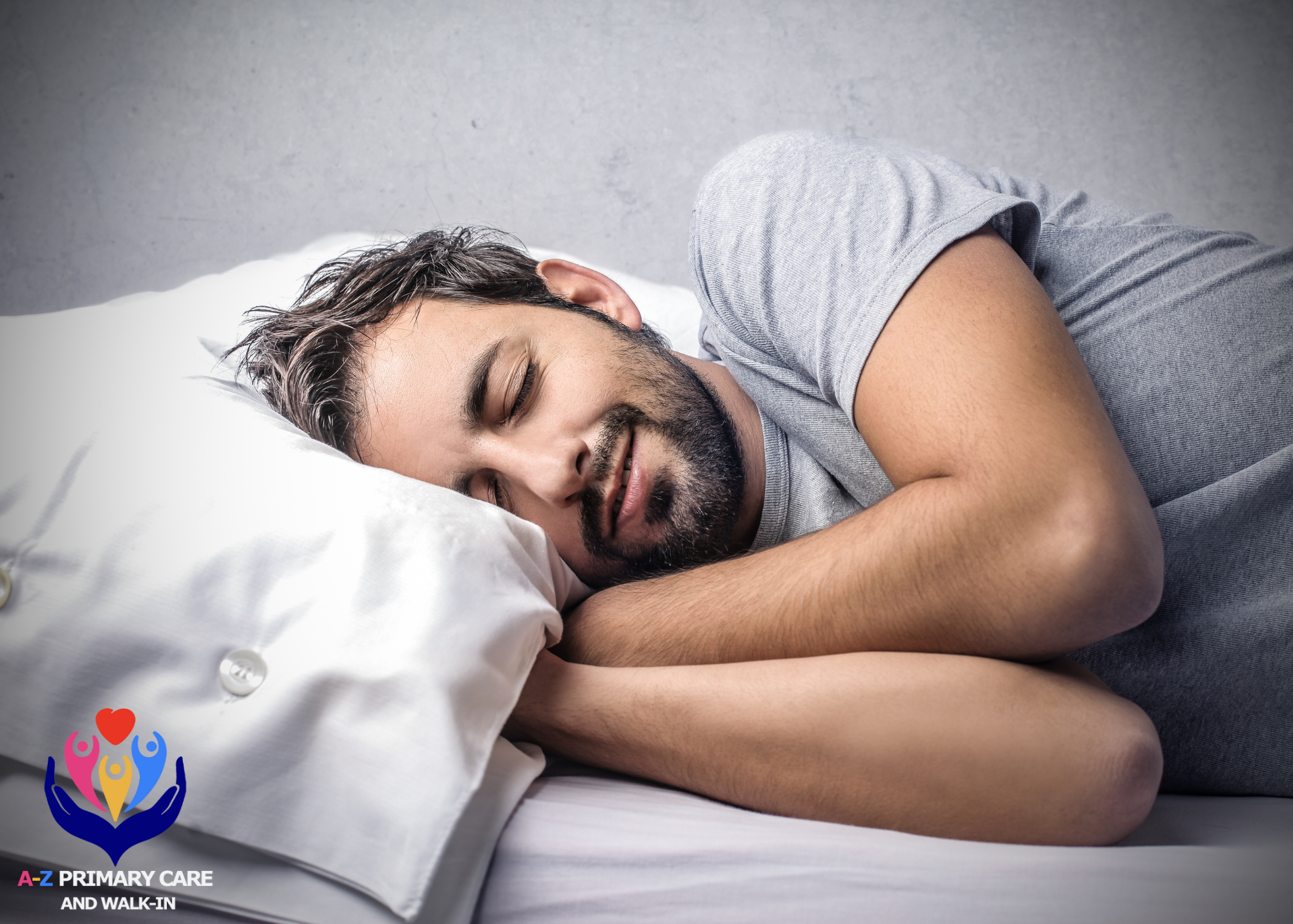Good sleep is the foundation of a healthy life, but for many, restful nights feel elusive. According to the Sleep Foundation, adopting proper sleep hygiene can transform the way you rest and rejuvenate every night. Sleep hygiene encompasses habits, routines, and environmental factors that contribute to consistent, high-quality sleep. By understanding its importance and making small changes, you can pave the way for better physical, mental, and emotional health.
Why Is Sleep Hygiene Important?
Sleep hygiene is more than a trendy term; it’s a crucial determinant of your overall well-being. Poor sleep hygiene can lead to trouble falling asleep, frequent nighttime wakefulness, and daytime fatigue. Over time, these issues increase the risk of chronic illnesses such as heart disease, diabetes, and even mental health conditions like anxiety and depression.
When your sleep quality improves, the benefits ripple through all aspects of life:
- Enhanced daytime energy and alertness
- Improved mood and emotional stability
- Strengthened immune function
- Reduced stress levels
- Boosted cognitive performance and memory retention
By addressing sleep hygiene, you set yourself up for long-term health benefits and reduce the strain on your body from sleep deprivation.
Common Sleep Problems and Their Connection to Poor Sleep Hygiene
Many people struggle with sleep due to habits and environmental factors that interfere with their natural sleep-wake cycle. Some common problems tied to poor sleep hygiene include:
- Difficulty falling asleep: Erratic schedules or pre-sleep overstimulation can prevent a timely transition to sleep.
- Nighttime awakenings: A disruptive sleep environment, such as noise or excess lighting, can cause fragmented sleep.
- Daytime sleepiness: Poor-quality sleep at night results in diminished focus and productivity the next day.
- Reliance on stimulants: Insufficient rest often leads to overindulging in caffeine or other energy boosters, which further disrupt healthy sleep patterns.
If these issues sound familiar, revamping your sleep hygiene might be the solution.
Tips to Improve Your Sleep Hygiene
Achieving better sleep isn’t about perfection, but progress in developing habits and making adjustments that align with healthier rest patterns. Here are actionable steps you can take to improve your sleep hygiene:
1. Maintain a Consistent Sleep Schedule
Our bodies thrive on routine. Going to bed and waking up at the same time every day reinforces your circadian rhythm, the internal clock that regulates sleep.
- Avoid sleeping in late on weekends, which can disrupt your weekly routine.
- Gradually adjust your bedtime if needed, aiming for small, manageable changes like 15-minute increments.
2. Create a Relaxing Bedtime Routine
Preparing your mind and body for sleep is as important as the sleep itself. Incorporate a calming pre-sleep routine that signals to your brain it’s time to wind down.
- Spend 30 minutes on activities like light stretching, meditation, reading, or listening to soothing music.
- Avoid screens during this time as the blue light emitted by phones, tablets, and TVs suppresses melatonin, the sleep hormone.
3. Optimize Your Sleep Environment
A comfortable and inviting sleep space can make all the difference. Consider these enhancements:
- Reduce noise with earplugs or a white noise machine.
- Block out light with blackout curtains or an eye mask.
- Keep your room cool with a temperature between 60-67°F, as cooler environments support better sleep.
- Invest in a supportive mattress and pillow for maximum comfort.
4. Be Mindful About Food and Beverages
What and when you eat can significantly impact your sleep.
- Avoid heavy meals, caffeine, and alcohol in the hours leading up to bedtime.
- If you’re feeling peckish, opt for a light, sleep-supportive snack like a banana or a handful of almonds.
5. Stay Active During the Day
Exercise has profound effects on sleep. According to UC Davis Health, regular physical activity helps you fall asleep faster and stay asleep longer.
- Aim for at least 30 minutes of moderate exercise most days of the week.
- Avoid intense workouts too close to bedtime, as they can be overly stimulating.
6. Limit Naps
While napping can be a helpful energy booster, excessive or late naps interfere with nighttime sleep.
- Keep naps shorter than 30 minutes.
- If possible, only nap in the early afternoon to avoid disrupting your natural rhythm.
7. Address Stress and Anxiety
Bedtime stress is a common culprit for poor sleep. Techniques like journaling or practicing mindfulness can ease a busy brain and prepare you for rest.
- Meditation apps and guided breathing exercises can also provide relief from end-of-day tension.
When to Seek Help
Sometimes, sleep troubles persist despite your best efforts to improve your habits. Individuals dealing with chronic insomnia, sleep apnea, or other disorders may require additional support. A primary care provider can perform a comprehensive assessment, recommend testing, and even provide strategies or therapies tailored to your specific needs.
Start Your Journey to Restful Sleep with A-Z Primary Care
Achieving better sleep is possible with the right guidance and support. At A-Z Primary Care, our providers are dedicated to helping you improve your sleep and overall health. Whether you’re curious about sleep hygiene or need solutions for persistent sleep issues, our team is here to assist.
Schedule a consultation today at www.azprimaryclinic.com or call 281-801-4286.
Invest in your rest, because better sleep means a better you. Together, we’ll help you set the foundation for a healthier, more rested future.

